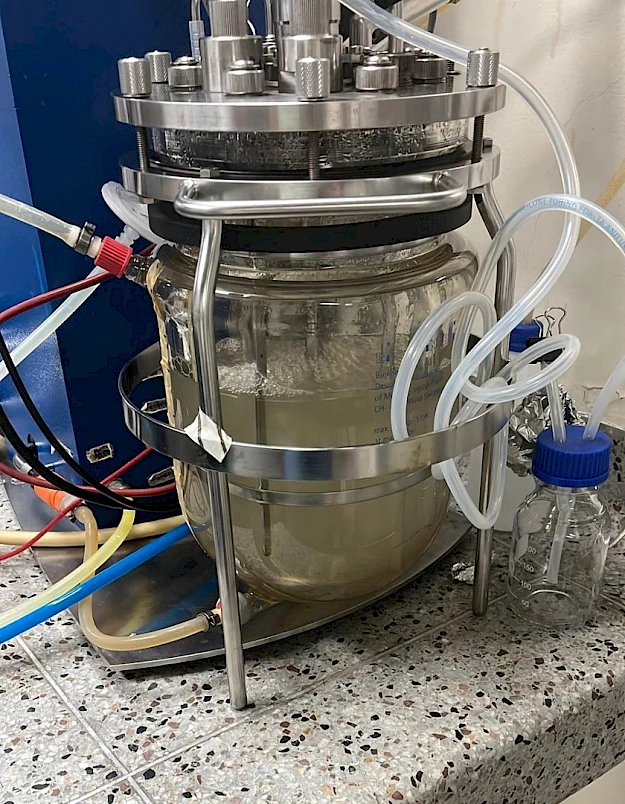Researchers Explore Tamarillo Cells with Potential for Active Substance Production
A group of researchers from the Plant Biotechnology Laboratory of the Centre for Functional Ecology (CFE), Faculty of Sciences and Technology of the University of Coimbra (FCTUC) has spent the last few years studying cell lines from solanaceous plants, particularly tamarillo. They aim to induce the production of active molecules in in vitro culture, with potential applications in various sectors.
The PlantReact project, one of the winners of the University of Coimbra's Seed Awards, focused on the production of hydrolytic enzymes. These molecules have the ability to break down other molecules into simpler components.
"These enzymes have a wide range of applications, including in the industrial and pharmaceutical sectors, as well as in the control of fungi and bacteria due to their stress response properties. Securing sustainable sources for the production of these enzymes is of great importance," explains Sandra Correia, CFE researcher and director of the Department for the Protection of Specific Crops at the InnovPlantProtect Collaborative Laboratory.
Results to date indicate that the products obtained fall into the category of active ingredients with the potential to reduce the impact of fungi on certain crops. However, additional funding is required to carry out further testing and validate this application.
According to the researcher, the study allowed detailed proteomic analyses and provided insight into the conditions under which these proteins are produced and the factors that stimulate their production. In addition, enzymatic activity assays were carried out under in vitro conditions, representing a significant advance in exploring the potential of these plant cells. The team also scaled up the production of these compounds by growing the cells in bioreactors.
"Although cellular agriculture is still an emerging field, it has enormous potential for the controlled, safe and sustainable production of active ingredients. Plant cells are unique in their ability to produce compounds of industrial and nutritional interest without the need for intensive exploitation of natural resources," says Correia, stressing that "this method allows precise control and even production enhancement".
According to the research team, the tamarillo plant proved to be particularly suitable for this study because of the ease with which cell lines can be induced from a single leaf. This can be transformed into a mass of pluripotent cells with diverse metabolic potential, which can then be stimulated to produce different compounds of interest.
"The PlantReact project represents a promising step forward in the development of sustainable solutions for the production of high-value active molecules, contributing to innovation in cellular agriculture and plant biotechnology," the researchers conclude.
The PlantReact project, funded by Banco Santander, was a collaboration between the CFE, the Centre for Neuroscience and Cell Biology (CNC), the Agro-Food Technological Support Centre (CATAA) and the University of Antioquia in Colombia.



